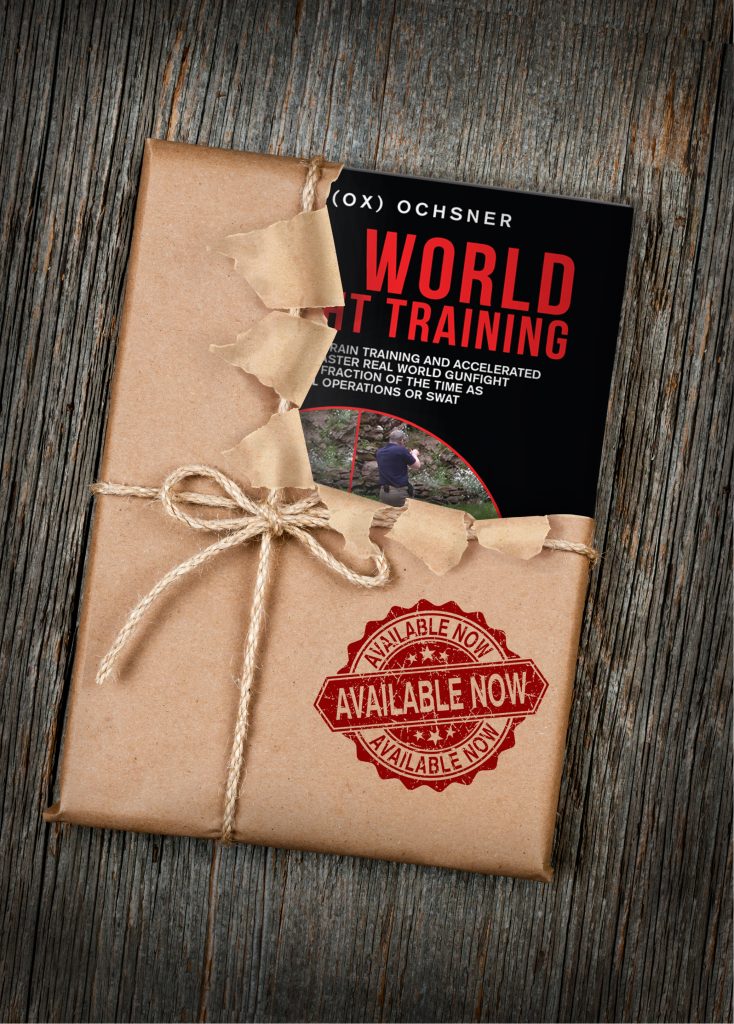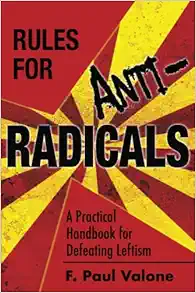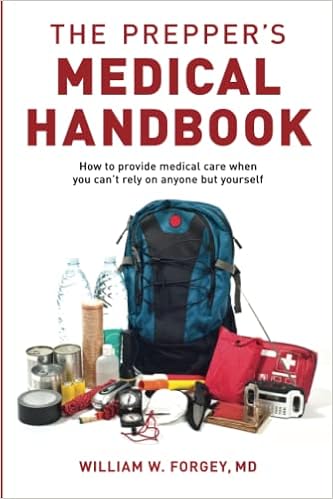I called it ‘America’s Rifle’ years ago.
America’s Rifle
The AR-15 is protected by the Second Amendment.
Stephen Halbrok
Thanks to Eugene for inviting me to post about some of the developments in the wake of the Supreme Court’s decision in New York State Rifle & Pistol Association v. Bruen. Bruen held that New York’s limitation of the issuance of permits to carry a handgun to those who officials decide have a special need violates the Second Amendment, which protects from infringement “the right of the people to … bear arms.” The government may not limit that right to a privileged class.
One of the hot-button issues that is being relitigated after Bruen is whether banning semiautomatic rifles such as the AR-15 violates the Second Amendment. I argue that it does in my new book America’s Rifle: The Case for the AR-15. It covers text and precedent, English and colonial history, the Founding, and how the constitutional right to arms kept pace with the development of firearms. The expired federal ban of 1994 was a true aberration from a Congress that has almost never actually banned a type of firearm.
In most of the 20th century, the antigun movement focused on banning handguns. Rifles and shotguns were said to be good, pistols and revolvers bad. The Colt AR-15 Sporter rifle hit the civilian market in 1964, the same year that Colt made its first deliveries of the M-16 to the Air Force. The AR-15 is semiautomatic, requiring a separate function of the trigger for each shot, while the M-16 is automatic, meaning it fires continuously as long as the trigger is pulled back. Despite that basic difference, they looked similar on the outside, causing the Violence Policy Center see the potential for confusion in the public. The idea of labeling the AR-15 and like rifles “assault weapons” and banning them was born.
In 1989, California became the first state to ban “assault weapons,” which it defined to include a list of makes and models such as the AR-15. We challenged that law in Fresno Rifle & Pistol Club v. Van de Kamp (1992), but the Ninth Circuit held that the Second Amendment doesn’t apply to the states. The Supreme Court has since ruled that it does, in McDonald v. Chicago (2010).
In District of Columbia v. Heller (2008), the Supreme Court held that, as a textual matter, “the Second Amendment extends, prima facie, to all instruments that constitute bearable arms.” Turning to history, the Supreme Court determined that historical limitations on carrying “dangerous and unusual weapons” provided a bound on the scope of the right. Thus, while dangerous and unusual weapons can be banned, “arms in common use at the time for lawful purposes like self-defense” cannot.
The common-use test was plain, so when the District banned “assault weapons” (aka semiauto rifles), we mounted a challenge . The D.C. Circuit, in Heller v. D.C. (2011) (“Heller II“), conceded that the banned rifles “are indeed in ‘common use,'” but balanced the right away under intermediate scrutiny. Then-Judge Brett Kavanaugh dissented on the basis that semiautomatic rifles have been in lawful use for over a century and pass Heller‘s common-use test.
With intermediate scrutiny to the rescue, other circuits copied Heller II and upheld the bans in several states. Those decisions create a distorted image, since most states don’t have bans, and so other circuits have not opined on the issue.
And now comes Bruen, collapsing the house of cards. Conduct within the “plain text” of the Second Amendment is presumptively protected, and a restriction may be valid only if the government shows it to be “consistent with this Nation’s historical tradition.” Text-history is in, means-ends scrutiny is out. And the history (or analogues thereof) that matters is 1791 and the initial decades that followed, as long as consistent with the text and early history.
Under the Heller test, as elaborated upon by Bruen, AR-15s and similar semiautomatic firearms may not be prohibited. Indeed, Heller and Bruen together establish the test for any ban on firearms, and that test makes clear that all firearms in common use for lawful purposes are protected and cannot be banned.
AR-15s and other similar firearms come within the “plain text,” because they are bearable arms. Heller and Bruen both establish that the Second Amendment extends presumptively to all bearable arms. Second, banning such firearms is not consistent with this Nation’s history. Indeed, the Supreme Court established that such a ban is inconsistent with this Nation’s history nearly thirty years ago by holding that AR-15 rifles “traditionally have been widely accepted as lawful possessions,” Staples v. U.S. (1994).
What is more, the historical boundaries of protected arms have already been established in Heller and Bruen. Those cases make clear that the only arms that are not protected are “dangerous and unusual weapons,” which necessarily entails that citizens have a right to possess and use arms that are “in common use today.” For this reason, historical analogues have no place here; the Supreme Court has done the historical analysis and set forth the “common use” test.
Can the government possibly show that AR-15 rifles are dangerous and unusual? Not at all, as they are among the most popular firearms in the Nation. Recent data indicates that Americans own at least 24 million AR-15s and similar rifles, that they constitute 20% of all firearms sold in recent years, and that they are used for lawful purposes such as self-defense, training, and hunting. It follows that Americans have a Second Amendment right to own and use them.
And readers do not simply need to take my word for it. This is supported by the analyses of three Supreme Court justices—Justice Thomas (the author of Bruen) in his dissent from denial of cert in Friedman v. Highland Park (2015), Justice Kavanaugh in his dissent in Heller II, and Justice Alito in his concurrence in Caetano v. Massachusetts (2016).
When the Supreme Court decided Bruen, it issued a GVR (grant cert., vacate, and remand) to the Fourth Circuit’s decision in Bianchi v. Frosh, for further consideration in light of Bruen. That’s a polite way of saying get it right next time. That case summarily affirmed that circuit’s prior decision in Kolbe v. Hogan (4th Cir. 2017) (en banc), which upheld Maryland’s “assault weapon” ban. As the first post-Bruen circuit to reconsider such a ban, the oral argument on December 6 is worth listening to. Some takeaways from the argument:
Kolbe rejected the common-use test and held that AR-15s are not protected because they are “most useful in military service.” (Never mind that no military in the world issues mere semiautomatics.) That was the wrong test.
Maryland also rewrites the “common use” test to say instead that the only arms protected are those in “common use for self-defense.” That is not the test. Heller tells us that arms commonly used for lawful purposes—not just self-defense—are protected under the Second Amendment. Maryland does not concede that the AR-15 is in common use and seeks a remand for further “discovery.” Seriously? Bruen was decided as a matter of law based on the pleadings and rejected any need for a remand for further factual development.
Maryland argues that AR-15s are not in common use for self-defense because shots are rarely fired. But Heller required no showing of how often handguns are actually fired in self-defense to prove common use, which means possession for that purpose.
As a fallback, Maryland wants to show that at least some of the rifles in the list are not in common use and that the law is severable. Plaintiffs respond that they are all of the same general type and that no further facts need to be developed.
Heller was fiercely resisted by the lower courts. Keep your fingers crossed for what the Fourth Circuit ultimately rules.
Tomorrow, I will address how Bruen‘s “plain text” concept is being treated by the lower courts.










![In Defense of the Second Amendment by [Larry Correia, Nick Searcy]](https://m.media-amazon.com/images/I/41TIavxXXFL.jpg)


